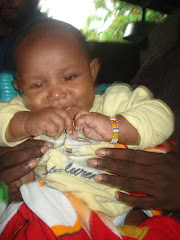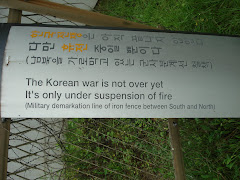
There is much in the news about GAFCON and the gathering in Jerusalem. Many of those Bishops are expected to arrive in London today. The Archbishop of Canterbury has challenged the Bishops who participated in the conference. My heart sinks at the prospect of several weeks of trying to establish lines of authority and how to foster a sense of cohesion in the face of so many people with such strongly held views opposing each other.
Our visit to Rome last week made me think about the authority of the Pope and the claims of the Roman Catholic Church.
Francis was very clear about recognizing the authority of the Church, from the Lord Pope all the way down to the lowliest curate because of their connection with the celebration of the sacraments. There were other groups around in his days which advocated radical poverty and criticized the Church for her wealth. These people were persecuted as heretics. Francis, most emphatically, did not wish to be considered a heretic. But this did not stop Francis from speaking strongly to the Church about the beauty of poverty, the joy of the Gospel life and his desire to live it in the company of his brothers with the blessing of the Church. So Francis went to Rome to get the Pope’s approval of his Rule. After a first hearing the Pope sent Francis away; the next day he had Francis summoned because during the night he had a dream of a young man holding up a crumbling Church. He believed the man was Francis and gave his blessing for the Franciscan way of life. So Francis and his brothers walked a fine line: loyal to the Church while living according to their consciences which caused certain discomfort among the hierarchy.
To live the Gospel, simply and joyfully: this is the authoritative Franciscan ideal; our gift to the Church and challenge to ourselves.
There are real limits to the exercise of authority in any context. If people want to go their own way, they will. There can be negotiations about property, but it is hard to negotiate about beliefs. Francis resigned leadership of the order because he could not agree with the direction the brothers wanted to take it in. Not many years after his death the Franciscan Order began to splinter. In Assisi we encountered several groups of Friars: Conventuals, Capuchins, Order of Friars Minor, and Third Order Regular. We, as Anglicans, were perhaps the oddest of the lot! (From their point of view.) And yet the Franciscan ideal has survived, even flourished. In spite of their historical differences I kept seeing the brothers of different orders working together, sharing Assisi and keeping Francis’ memory and genius alive.
My challenge these next few weeks will be to honor the dignity of all that I meet and not sacrifice the integrity of my witness to love, compassion, joy, honesty. I don’t want to come home from Lambeth bearing permanent scars from hasty retorts and contemptuous thinking. Even if different groups have to go their separate ways, we can part as Christians, in a Christian way, or we can trash the whole Gospel enterprise and become a universal laughingstock mired in recrimination, hatred, intolerance.








No comments:
Post a Comment